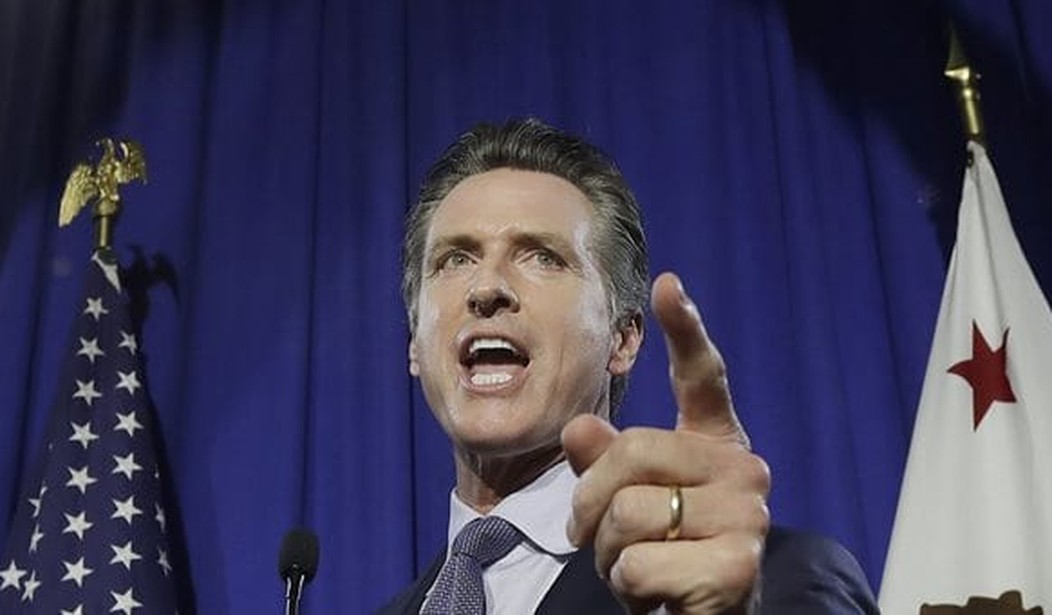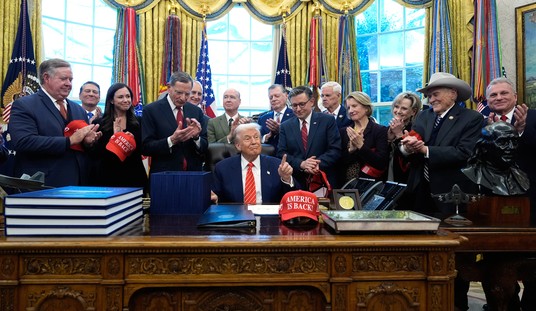The Trump administration and California under Governor Gavin Newsom are locked in a power battle, with the Golden State increasingly exercising their independence in ways that test the purview of the federal government.
The newest theater of war is a cap and trade agreement California has entered into with the Canadian province of Quebec, a system that, according to the Los Angeles Times, seeks to lower emissions by making it more economical for countries to reduce carbon emissions than pay the government for the right to pollute.
The program works by establishing an annual limit, or a cap, on nearly all of the state’s greenhouse gas emissions. California oil refineries, cement plants and other industries can meet this requirement by either lowering their emissions or buying state-auctioned permits that allow them to pollute. These permits can then be bought and sold within an open market — the “trade” part of the program.
The theory underlying the program is that as the emissions cap is lowered, companies will find it more cost effective to decarbonize rather than continue to pay for pollution permits.
The Trump administration on Wednesday sued the state saying that California’s agreement with Canada interferes in what is essentially one of the enumerated powers allotted to the federal government alone: foreign policy.
“The state of California has veered outside of its proper constitutional lane to enter into an international emissions agreement. The power to enter into such agreements is reserved to the federal government, which must be able to speak with one voice in the area of U.S. foreign policy,” said Assistant Attorney General Jeffrey Bossert Clark of the Justice Department’s Environment and Natural Resources Division. “California’s unlawful cap-and-trade agreement with Quebec undermines the President’s ability to negotiate competitive agreements with other nations, as the President sees fit.”
The Supreme Court has recognized that the interests of cities, counties and states, and the American people as a whole, requires the federal power in foreign relations to be reposed exclusively in the federal government, keeping it free from local interference.
According to the complaint, filed today in the Eastern District of California, the defendants have pursued or are attempting to pursue an independent foreign policy in the area of greenhouse gas regulation. The Constitution prohibits states from making treaties or compacts with foreign powers, yet California entered into a complex, integrated cap-and-trade program with the Canadian province of Quebec in 2013 without congressional approval.
Newsom has countered that the lawsuit is little more than a political attack, continuing what he sees as an effort to battle the state in areas such as energy, immigration, and gun laws.
“The White House is yet again continuing its political vendetta against California, our climate policies and the health of our communities,” Mr. Newsom said. “The Trump administration’s abysmal record of denying climate change and propping up big polluters makes cross-border collaboration all the more necessary.”
Administration officials see the cap and trade agreement as another attempt by California to grab power and affect federal policy while also attempting to encourage other states to follow suit.
The Department of Justice has said that the lawsuit is not a political hit job, and that the White House was not consulted before the suit was filed.














Join the conversation as a VIP Member